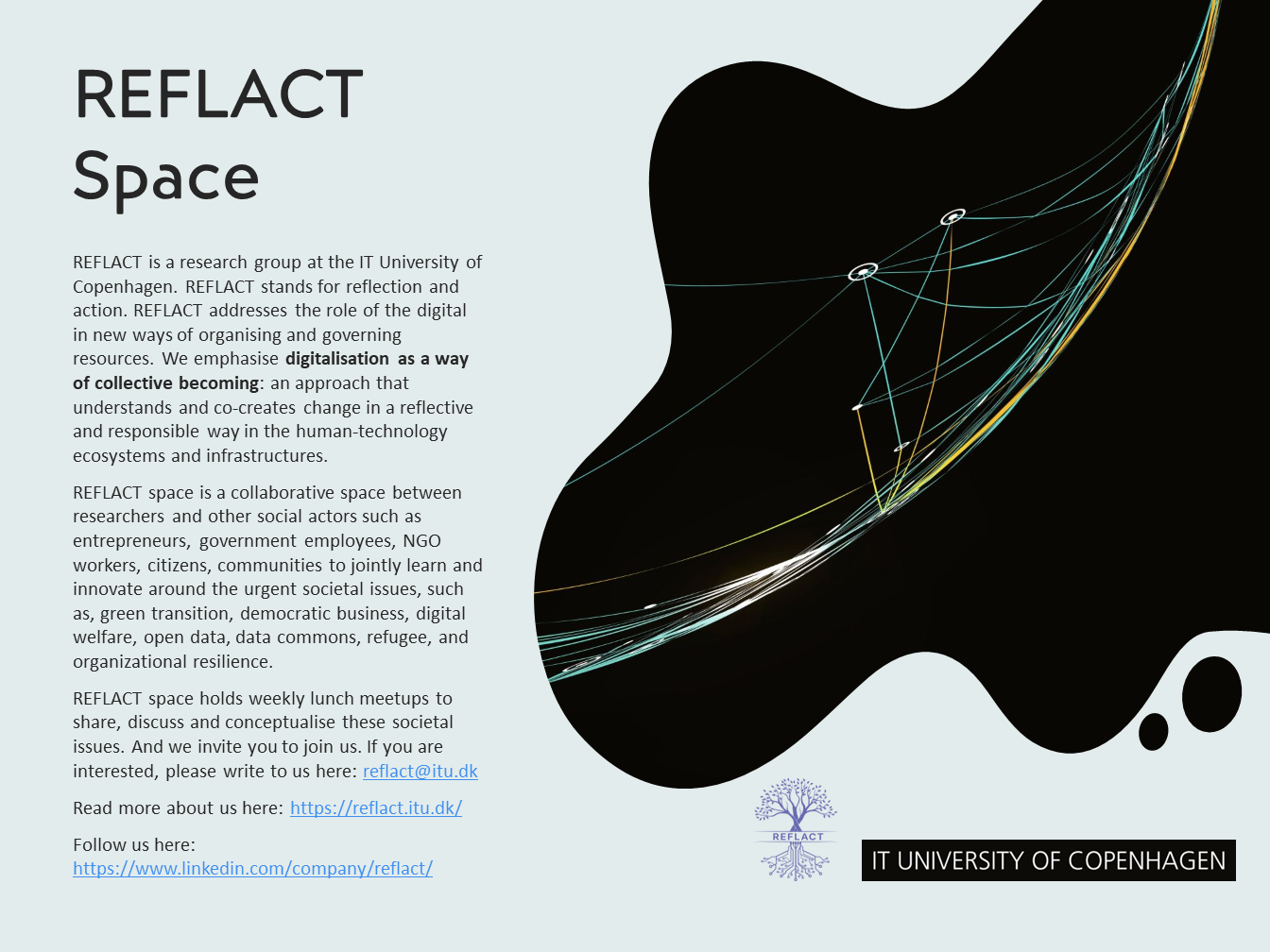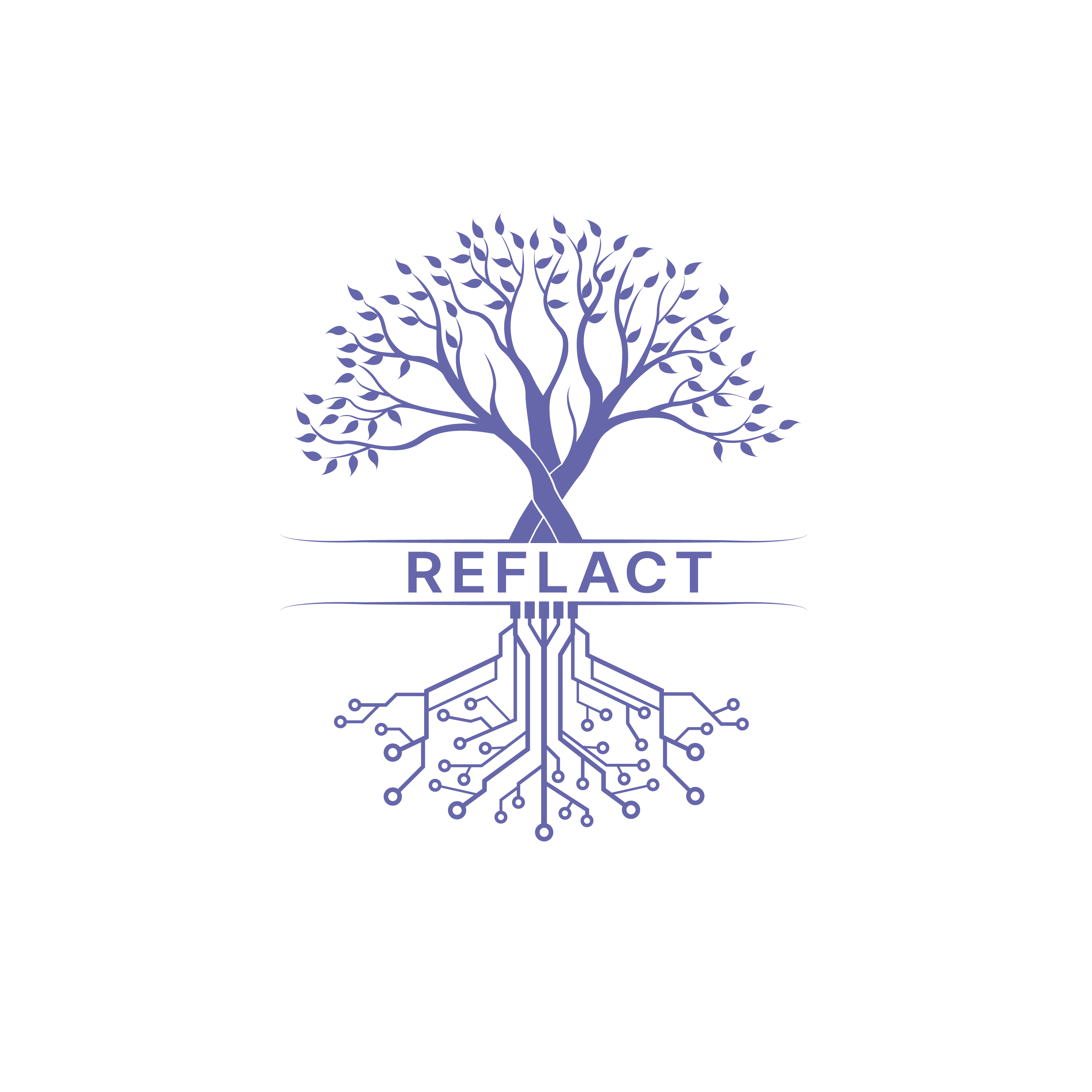
REFLACT Space
In this week’s REFLACT Space, we will have entrepreneur Mads Birk to join us to discuss a question that has been on his mind for a while: how can we boost the collaborative problem-solving needed to solve wicked problems?
We will start at 12.05 so people will have time to get lunch and settle. Here is Mads’ introduction to his thinking about the questions so far:
Warren Weaver classified complexity into two types: simple or disorganized complexity and organized complexity. Simple complexity problems can be solved by breaking them down into smaller parts, while organized complexity problems involve interconnected, dynamic elements and multiple stakeholders. Wicked problems fall under organized complexity problems, such as climate change, poverty, inequality, and public health issues. They are difficult to define, have no clear solution, and require collaboration among stakeholders, such as government agencies, nonprofit organizations, businesses, and individuals. Solving wicked problems involves a collaborative and iterative approach, adapting strategies based on feedback and evaluation.
The question is, how can we boost the collaborative problem-solving needed to solve wicked problems?
It is a challenge to keep different stakeholders engaged in collaborative problem-solving for a long time, as attention and time are scarce and precious. Therefore, we need to be as efficient as possible. I believe hackathons could potentially be a great medium to achieve this goal. With a broadened definition of hackathons as gatherings of stakeholders to ideate, conceptualize, design, build or present novel solutions, or to rethink the way things are done or used.
However, they need to be consistently well-prepared and well-designed, and have organizers that seek to electrify the synapses happening at the hackathons. That is why I am trying to build an organization that can enable a radical increase in the number of hackathons held, the number of people participating, and the quality of the outcomes. An organization that engages companies, communities, and institutions in purposeful and collaborative problem-solving. The organization will receive its primary funding by selling packages to case providers (primary beneficiaries) and case supporters (secondary beneficiaries), e.g., technology or knowledge providers (Vendors, Universities or consultants), who will gain exposure towards case providers and participants. Participants will be incentivized by interesting challenges, prizes, networking, and career opportunities.
Side effects may include, but are not limited to:
· Developing partnerships between government, business, and civil society to address complex societal challenges.
· Incorporating collaborative problem-solving into educational curricula to teach future generations the skills necessary to tackle complex problems.
Location: It University of Copenhagen, Rued Langgaards Vej 7, 2300 København
Room: 5A10
We look forward to seeing you there with us for an interesting discussion!


